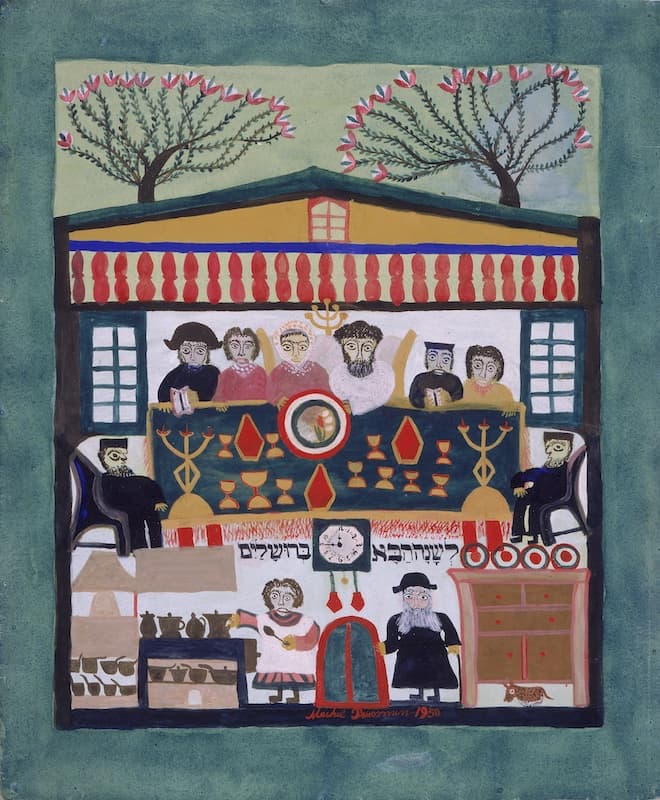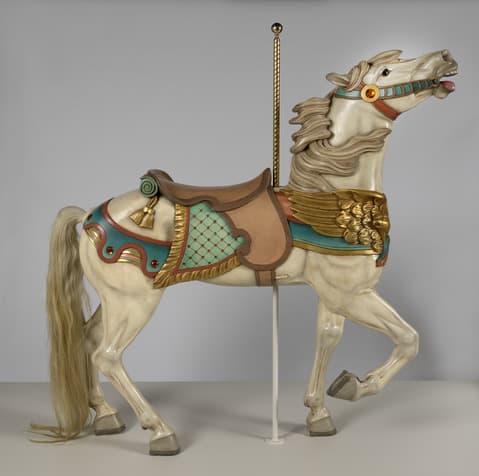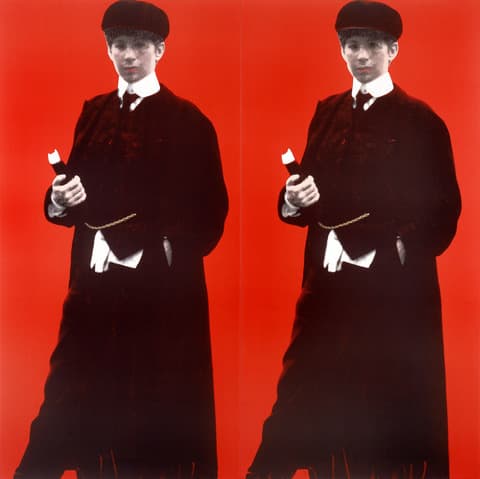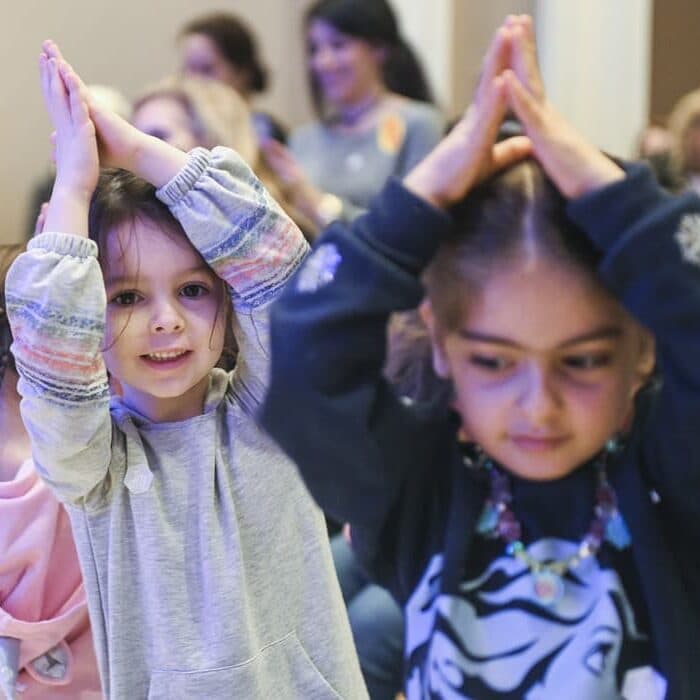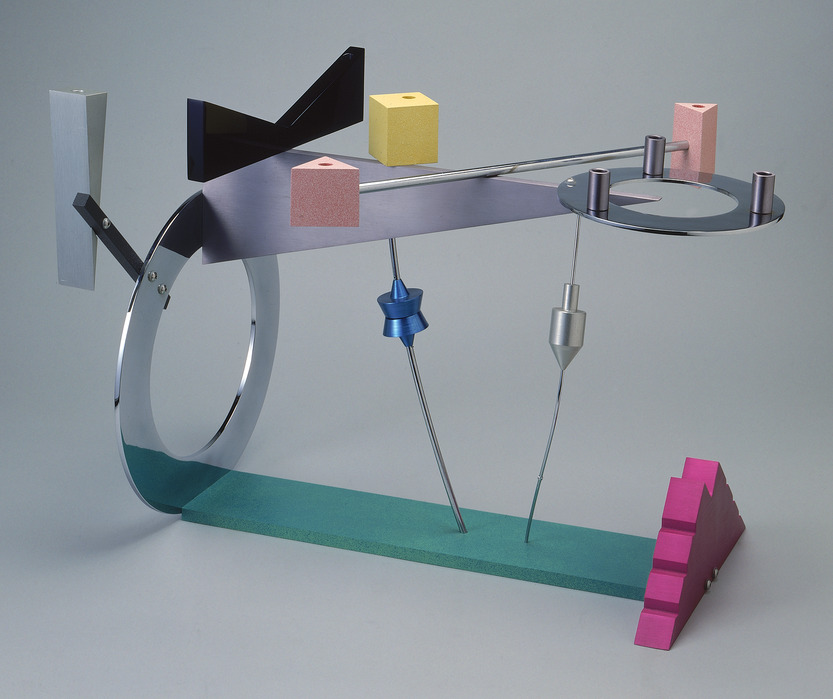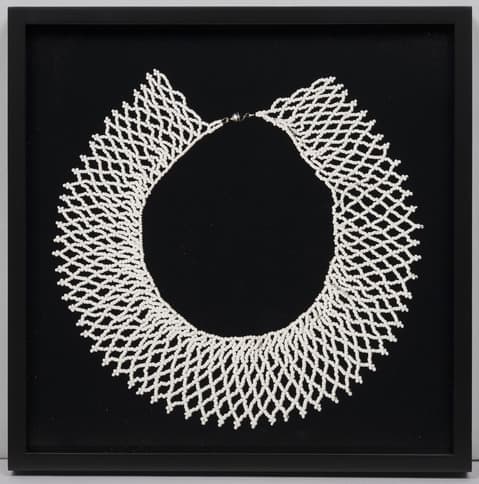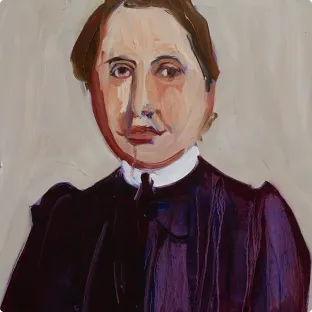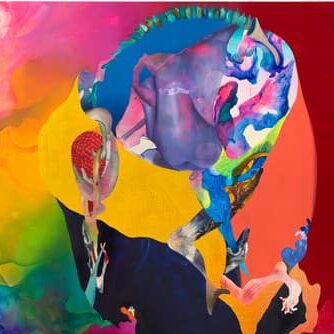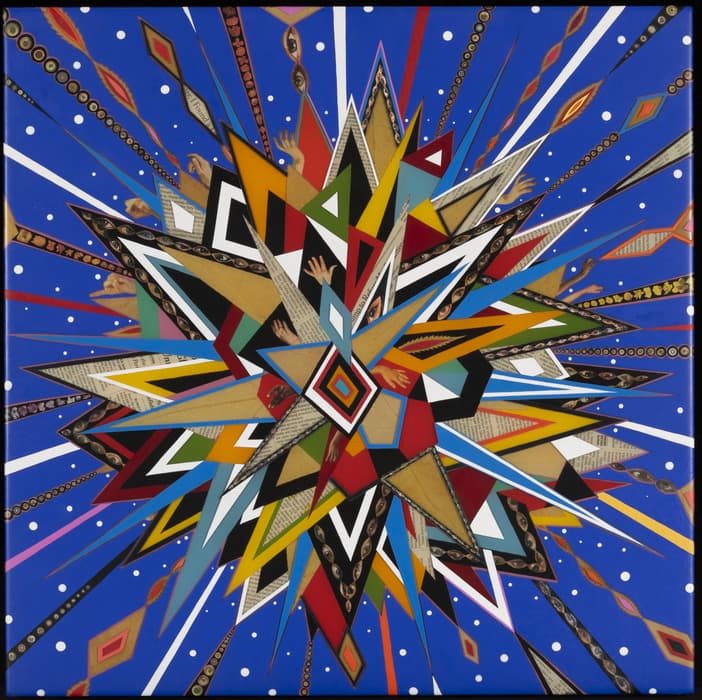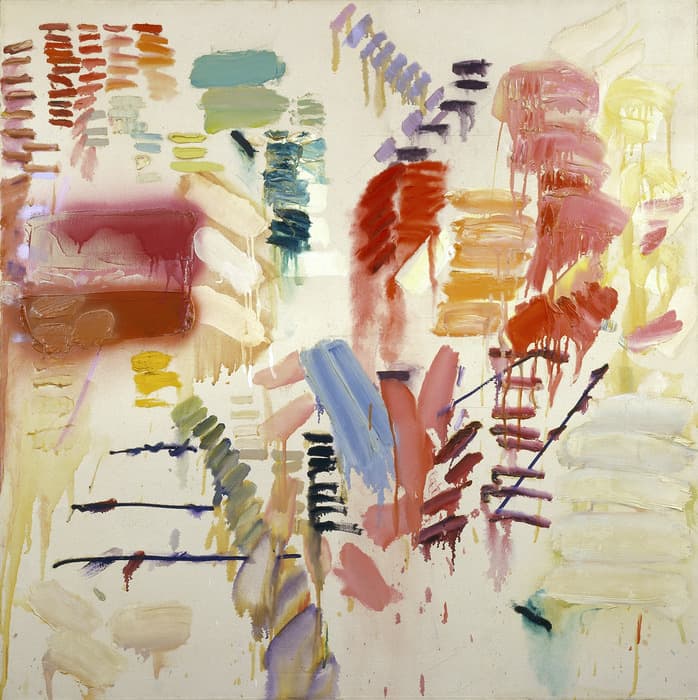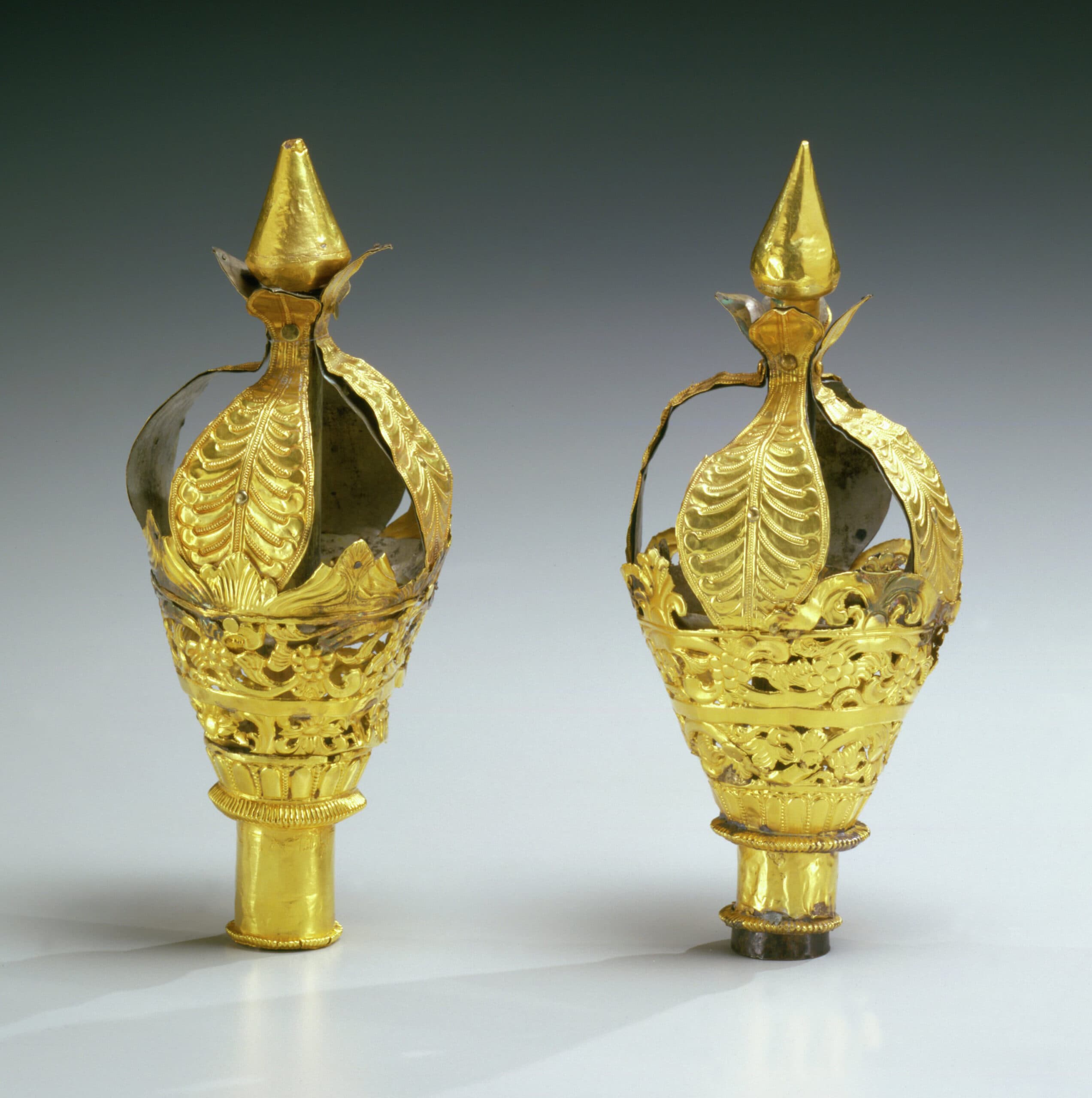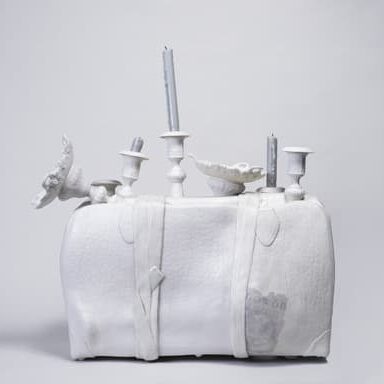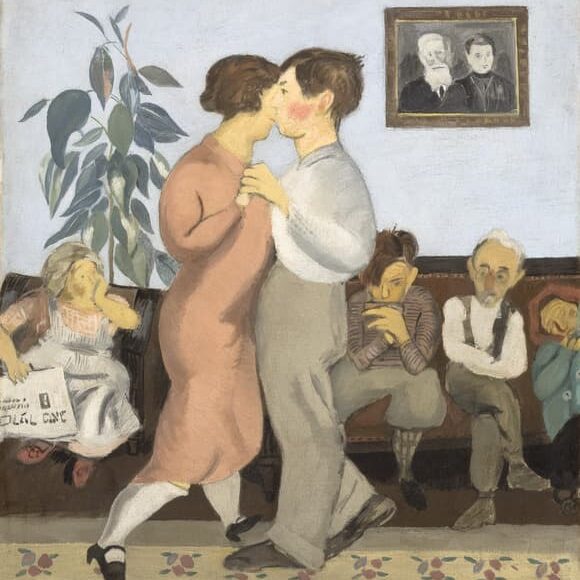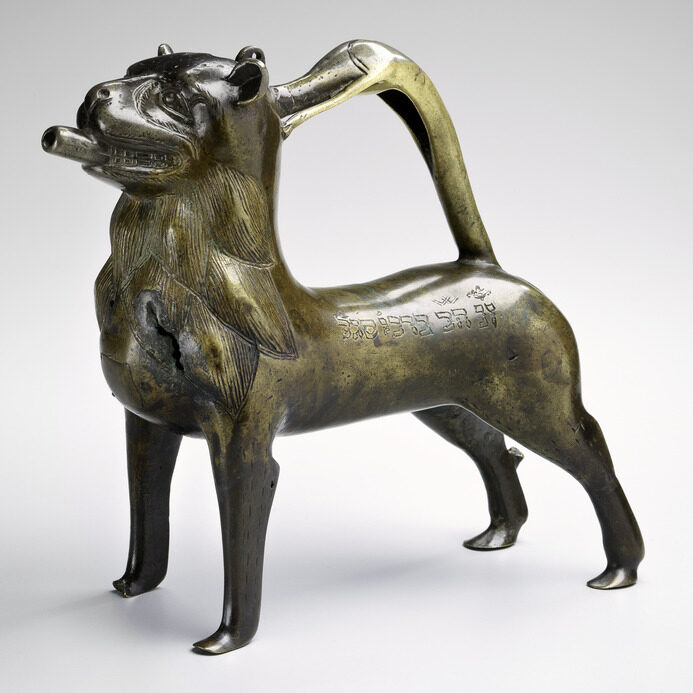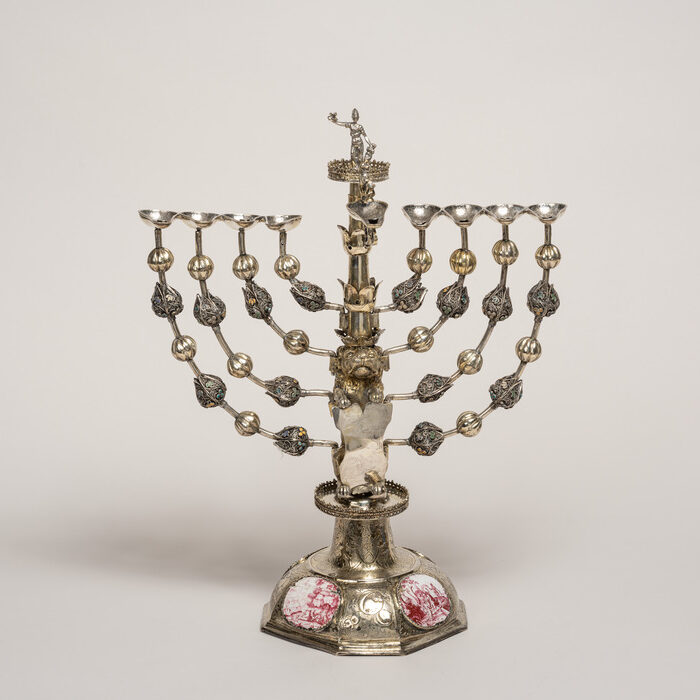Verbal Description Tour at Home
Participants Who are Blind or Have Low Vision
Please join us for a descriptive teleconference tour exploring the Jewish Museum collection.
All Access Programs are free of charge and require advance reservation. A Zoom conference call number will be sent to all registered participants the day before the program.
Please contact [email protected] or 212.423.3289 for more information or to register.
About the Collection:
The Jewish Museum collection chronicles 4,000 years of Jewish culture through nearly 30,000 objects from around the world. The Museum actively acquires art, Judaica, and media that are related to Jewish experiences, whether by virtue of the subject depicted, because of the implied intent of the artist, or because a work by a Jewish artist represents a significant contribution to art and cultural history.
The collection was started in 1904 when Judge Mayer Sulzberger donated a collection of ceremonial objects, prints, and photographs to the Jewish Theological Seminary of America to establish a Jewish museum. The Judaica collection is now one of the three largest of its kind in the world. The Benguiat Collection, which includes important examples of Ottoman and Italian decorative arts and ceremonial objects, was purchased in 1925. The Mintz Collection comprises important ceremonial objects from Eastern Europe, along with major history paintings and portraits. The Danzig Collection was sent to the Jewish Theological Seminary in 1939 by the Jewish community in Danzig to save this remarkable collection of Judaica from imminent destruction.
The Museum acquired over 200 ceremonial objects in 1952 through the Jewish Cultural Reconstruction, an organization that recovered cultural property looted by the Nazis. Between 1941 and 1965, Dr. Harry G. Friedman, a philanthropic community leader, donated more than 6,000 works of ceremonial and fine art. The Museum also actively collects and commissions contemporary Judaica to showcase the continuity of Jewish ceremonial art from ancient times to the present.
